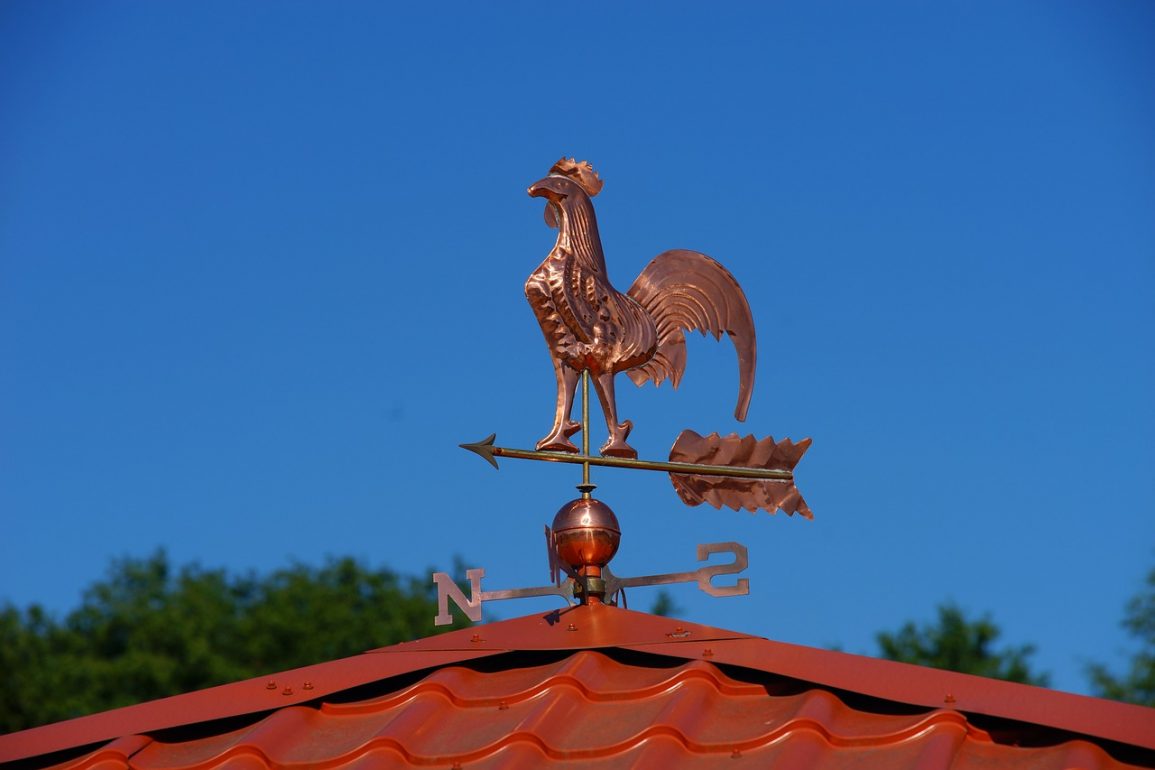4 Lightweight Roofing Products for Outbuildings and Garages – Ensuring you choose the right roofing material is essential for all structures. There are many things to look at when choosing roofing products and materials, one of them being weight. The weight of the product is especially important for outbuildings and garages where you might not have the structural strength to support heavier roofs. If you are dealing with this conundrum, this article is for you as it discusses the best lightweight roofing products for these applications.
Aluminium
Aluminium is one of the lightest metals in the world and this is why it is a great choice for applications where weight is a serious consideration. However, do not let its weight fool you because aluminium is still very strong and durable. Its strength-to-weight ratio is very high which means you get the strength of other metal roofing materials but without the additional weight.
Compared to other metal roofing materials, aluminium does not rust. This property makes it great for applications in areas that receive lots of rainfall or in coastal areas where salty water can make roofs corrode faster.
Aluminium is also very malleable. It can be made into different profiles which means there are lots of designs to choose from.
Polycarbonate Roofing Sheets
Polycarbonate sheets are known for their exceptional strength and resiliency. However, what makes them great for roofing applications is their weight. They are about half the weight of glass per square unit length and are lighter than metal roofing alternatives.
They also have a very high impact strength – about 250 times that of glass – which is one of the reasons why they have become so popular in recent years. All of these properties have seen them become the choice material for the construction of low-slope and flat roofs.
Polycarbonate roofing sheets can withstand high and low temperatures without the chalking that typically happens with fibreglass roofs. They also have an interesting property: they can withstand a lot of weight without bending, while also being flexible enough to take serious impact.
A polycarbonate sheet can also be manufactured to let in as much or as little light as the user wants, which is another reason why they are such a great option for outbuildings and garages. Lastly, they come in different sizes and thicknesses, so they fit a wide variety of applications. You can easily get the right polycarbonate roofing sheets, whether you want them clear or tinted, from reputable manufacturers who sell them in these different dimensions.
Fibreglass
Fibreglass is mainly used in applications where you would like to get more light into a space, but it is being rivalled by polycarbonate roofing sheets in that application. However, its efficiency and affordability still make it a choice material for a lot of contractors and DIY enthusiasts.
Fibreglass is a lightweight, translucent material that is made of strong resins that are reinforced with fibreglass. While this gives the panels a lot of strength while retaining their light weight, it makes them unstable under repeated heating and cooling cycles. Fibreglass can chalk or become less translucent as it ages which means you will have to replace it if it stops letting in enough light.
Another downside is that you cannot walk on fibreglass sheets. They will break if you do this. Even in cases where you use a board to walk over a fibreglass roof, you still risk scratching and breaking them, so it is best to avoid doing this.
Manufacturers also make stronger fibreglass that is meant to withstand harsher weather conditions than the typical fibreglass panels. These heavy-duty panels are usually a better match for outdoor applications than their unreinforced counterparts, but that comes at the cost of the added weight.
Copper
Copper is not as popular a roofing material as it used to be, but it remains the material of choice where lightweight roofing is required. It has a striking resemblance when new which is what makes it more attractive.
However, it oxidises and changes to a blue-green colour that is less attractive. The oxidation process also makes it resistant to corrosion. This is the reason copper lasts a lot longer than most other metal roofs apart from aluminium.
Copper is easy to install, but that comes with an additional cost. Copper is much more expensive than other metal roofs, although its extra-long longevity might help make up for this higher cost.
It is also easily dented like aluminium. This means you should avoid it if you live in an area that regularly experiences hailstorms, or where falling debris could damage it. If you wish to use copper in such areas, upgrade from the 16 ounce to 20 ounce copper, which is much stronger.
The weight of roofing material matters if you do not have a lot of structural strength to work with. Consider the materials discussed above if you’re looking for lightweight solutions that are easy to work with.
Poppy Watt


